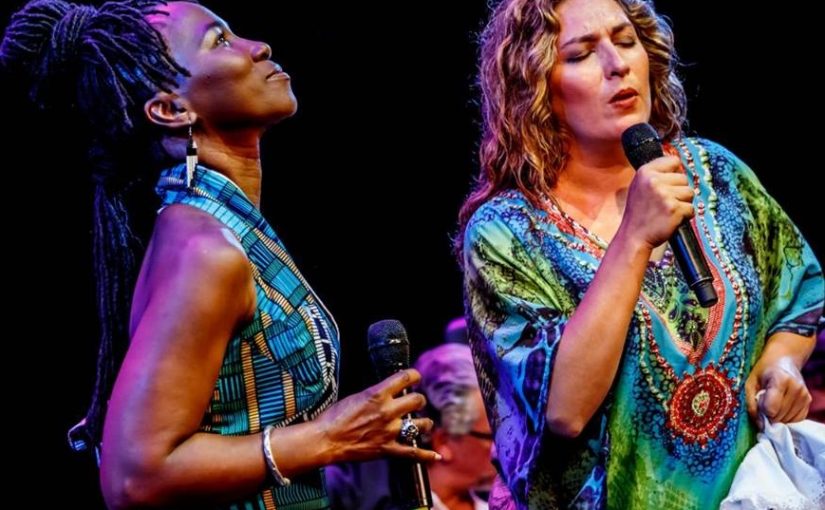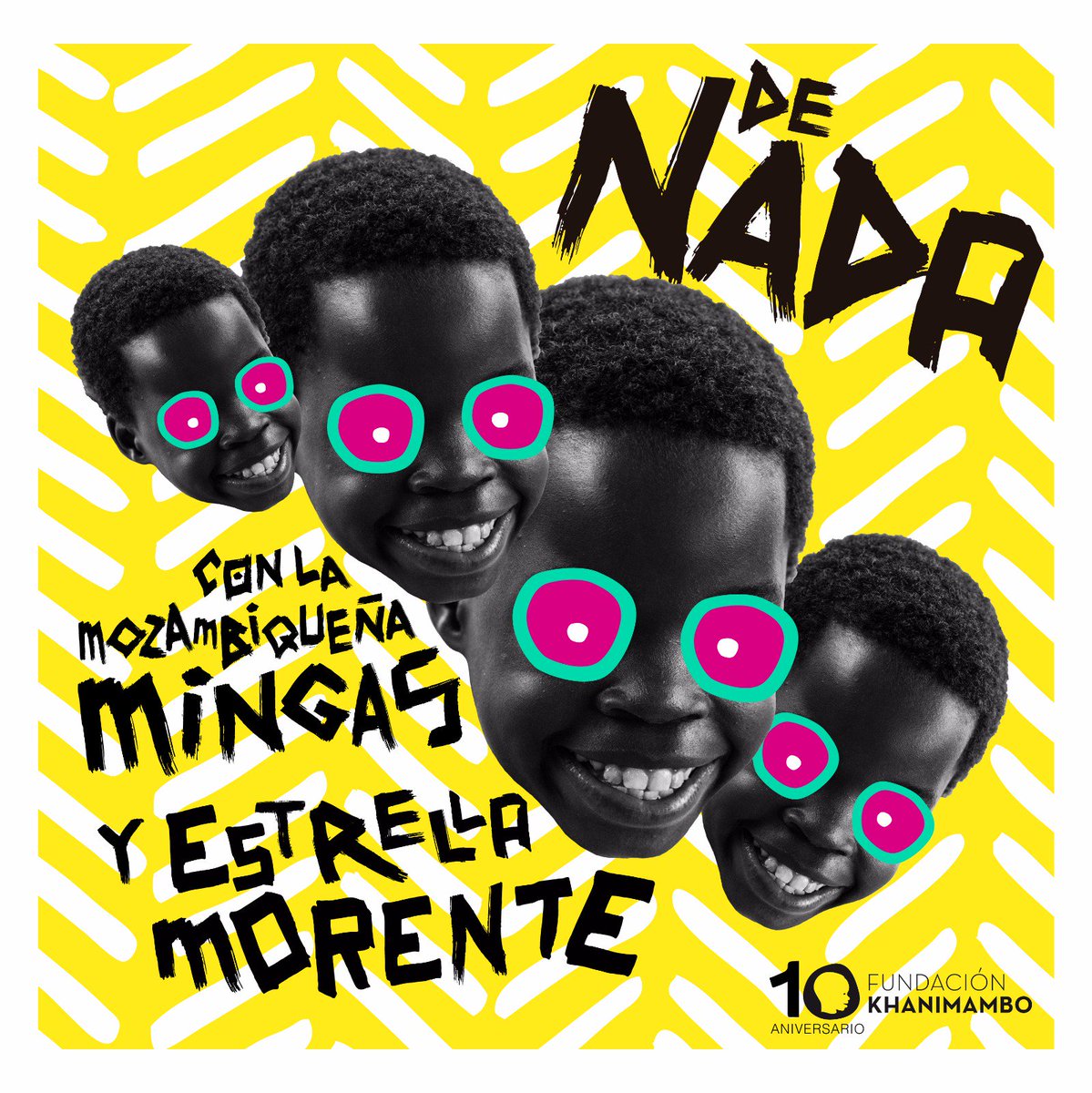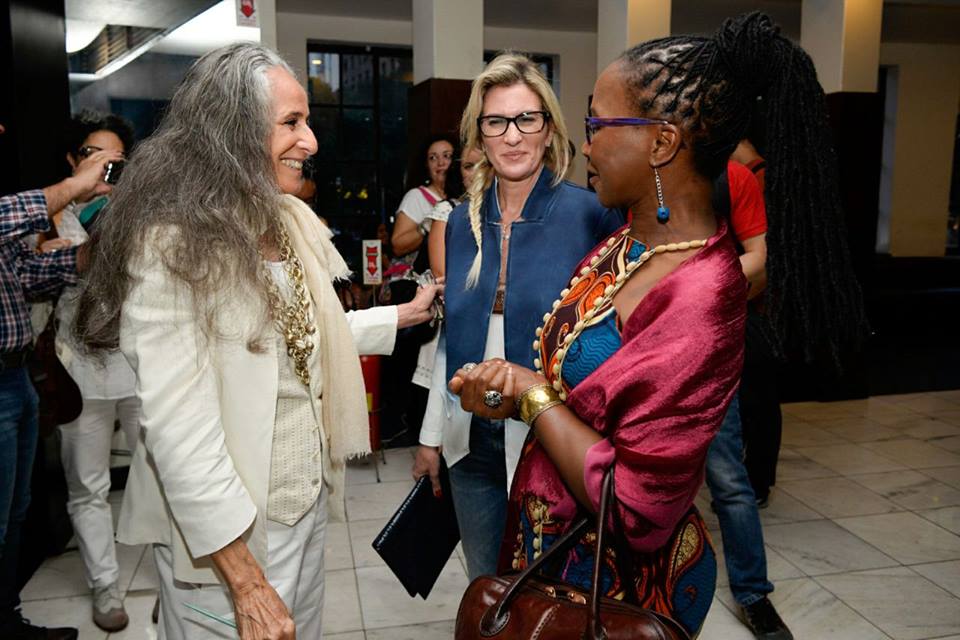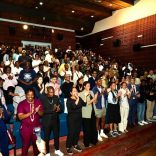Photo exhibition held in Maputo to mark 50th anniversary of China-Mozambique diplomatic ties
Sharing the stage with Estrela Morente in Madrid, singing to Bethânia in Rio: Mingas the Great!

Mingas Facebook (Courtesy photo)
The Mozambican singer, Mingas, shared a stage in Madrid last month with the singer Estrela Morente. The connection was intense, and the Mozambican singer is not ruling out the possibility of a collaboration between both.
The purpose of Mingas’ trip was to participate in the 10-year celebrations of the Spanish-funded Khanimambo Foundation based in Xai-Xai, Gaza province, and dedicated to supporting vulnerable children.

The show took place on 25 September at the Teatro Nuevo Apollo in Madrid. Although the invitation was for a capella performances, the writer of “Nwêti” took with her the guitarist Dodó and invited Madrid-based Mozambican bassist Childo Tomás. The percussion was in charge of Estrela Morente.
During rehearsals, Mingas formed a strong connection with the Spanish singer, currently one of the most significant voices in flamenco.
“There was a strong connection and we were wondering what to do next,” Mingas said.
In part, she acknowledged, the energy of the Spanish musical genre was entering into dialogue with the marrabenta and light Mozambican music.
In addition to a duet, the pair performed an arrangement of “Hoya-Hoya” worked up with Estrela Morente’s band, who, “after listening to my songs, wanted to perform them all. We in fact ended up negotiating which would be left out, because it really wasn’t possible to play them all,” Mingas said.
The Mozambican singer says she felt good in Spain, because even though most of the show’s audience did not know her repertoire, they responded to her voice and were extremely appreciative.
Spanish singer Estrella Morente is the daughter of Enrique Morente, one of Spain’s great flamenco singers, and she’s a powerful talent in her own right.

Singing to Bethania
Mingas then left for Rio de Janeiro, Brazil, to participate in the launch of the documentary ‘Karingana – Licença para Contar’ [Karingana . Licence to Tell] at the Rio de Janeiro International Film Festival, no Cine Odeon, in which Maria Bethânia, one of the greatest names in Brazilian popular music, presents the development of literature in Mozambique and Angola.
Karingana was shot in Maputo, directed by Mónica Monteiro, and contains appearances by writers Mia Couto and the Angolan José Eduardo Agualusa as well as several Mozambican and Angolan literary critics.
During the shooting, Mia Couto invited Mingas to a reception for Bethania, where she sung some of her songs unaccompanied. It was after this that the invitation to visit the city of “cariocas” came up.
There were three performances, distributed between Rio de Janeiro and Niterói, in the documentary debut sections. Maria Bethânia did not sing, but was content to remain only part of the audience.
“It was a privilege to be with Maria Bethânia, whose music I listened to, and listened to with admiration,” Mingas said.
The Brazilian interpreter, however, she continued, maintained her distance from the media and rarely participated in such events. But she insisted on breaking this isolation, saying: “If you did weren’t here, I wouldn’t have come.”
After the event, the Mozambican singer noted the recognition that African literature is gaining in Brazil, which is increasingly interested in finding out about Africa, slavery providing a historical connection that is hard to ignore.
It was in this context that Mingas visited some historical sites, where she examined warehouses where the recently disembarked slaves were sold.













Leave a Reply
Be the First to Comment!
You must be logged in to post a comment.
You must be logged in to post a comment.